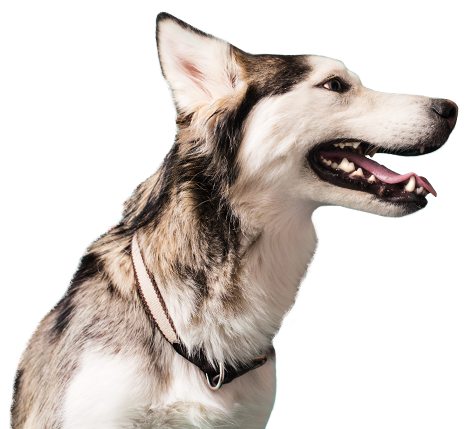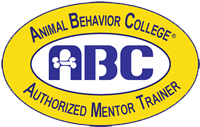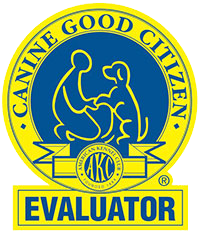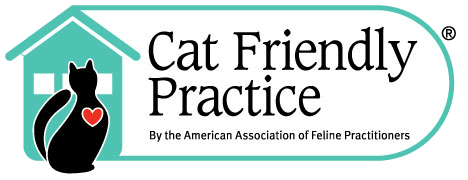
What is Pancreatitis?
Pancreatitis is one of the most common maladies we see at our hospital. By definition, the disease is an inflammatory condition of the pancreas. I think most people know they have a pancreas, but may not be sure exactly where it’s located and what it does. Yes, people, dogs and cats all have a pancreas. The pancreas is responsible for producing insulin, which controls blood glucose, and it also produces enzymes that digest food.
When food is swallowed, it goes into the stomach where gastric acid begins breaking it down. That food then moves into the proximal small intestine, known as the duodenum. The pancreas lies adjacent to the duodenum and secretes its enzymes through ducts to continue the digestion and breakdown process. These enzymes are lipase and amylase. Food is composed of proteins, carbohydrates, fiber and fat. Fat is the most difficult to digest and the pancreas will produce an overload of enzymes to digest fatty foods, even if that fat is from a high quality dog food. As the pancreatic enzymes are turned on to digest a high fat meal, they are overproduced to the point of inflaming or digesting the pet’s own body. This leads to severe pain and vomiting.
Symptoms of Pancreatitis in Dogs
Common symptoms of pancreatitis in dogs are vomiting, abdominal pain, diarrhea (sometimes with blood), lethargy and possible fever. Many dogs with pancreatitis are middle aged and overweight. A thorough history often reveals a pet that has been fed table food, treats and possibly a high fat dog food such as Little Cesars. I am often told that the Little Darling is very ”picky” and the owner is forced to comply with their wishes of a high fat diet. Culprits that contribute to acute pancreatitis are human foods such as peanut butter, ham, bacon, fried foods, and marrow bones.
Owners often look at the ingredients in dog food but fail to review the section above or below labeled Crude Analysis. This crude analysis gives the percentage of protein, carbohydrates, fiber and fat in the food. Many of the high quality foods may have a minimum fat level as high as 16%. That is much too high for a pet that is susceptible to pancreatitis. As pets age, their fat consumption should be decreased and their fiber increased.
A person that has a slight increase in their sugar would be considered pre-diabetic. They will therefore need to adjust their sugar intake. A dog that demonstrates an increase in their pancreatic enzymes therefore should decrease their fat intake. Routine blood work includes a test which measures pancreatic enzymes levels. In a normal asymptomatic pet, seeing this test increased moderately gives us a reason to examine a pet’s food intake: Is there too much fat? We especially ask about treats and table food. This is a pet that needs to decrease its fat intake in its diet and cut out treats and table food.
In a sick and vomiting pet, an increase in the pancreatic enzymes will alert us to a diagnosis of pancreatitis.
Treatment for Pancreatitis in Dogs
Treatments for pancreatitis in dogs include, but are not limited to, IV fluids, pain medications, and anti-emetics for vomiting. It is important that the stomach “rests” so no food is taken orally. This allows the enzymes to drop over time. When feedings resumes, it is always with a low fat diet and by feeding small frequent portions. We don’t want to “Poke the Bear!”
If repeated episodes, or even a very severe case of pancreatitis occurs, the pancreas may be irreparably damaged. When this occurs, insulin will not be produced and the dog will now be diabetic. Insulin injections will be needed to control the diabetes. Almost all diabetic dogs will develop cataracts very quickly and may go completely blind.
Dogs that seem to be most predisposed to pancreatitis are usually small breeds less than 20 lbs. They are usually overfed and overweight. Breeds such as Miniature Pinschers and Miniature Schnauzers are overrepresented . Once they reach 2-3 years of age, I like seeing these breeds on a low fat diet.
Royal Canin makes the lowest low fat in their canned and dry foods. Feel free to ask about our Royal Canin prescription diets. Its always a winning situation to be able to treat and control a condition through diet.

Contact Us
Regular check ups with a veterinarian are important for your pet's health. Contact us today to schedule your next appointment.





